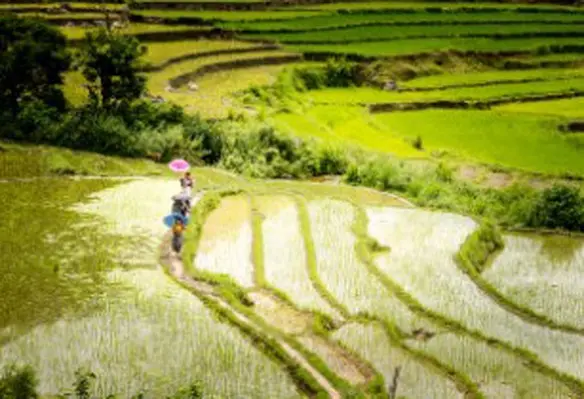The government of Bhutan (RGoB) and the Food and Agriculture Organization of the United Nations (FAO) have announced the development of a five-year country programming framework (CPF) to improve food and nutrition security
The CPF is designed to help safeguard and sustainably manage the uses of the country’s natural resources as well as to combat climate change and improve resilience to disasters.
With the set target of Bhutan’s graduation to the status of lower middle-income country by 2023, this CPF will also increase FAO’s support for profound economic growth, especially in agriculture transformation towards value chain-based, market-oriented, sustainable management systems, enhanced incomes and livelihoods of rural farmers.
The formulation process of the CPF has considered major challenges faced by the Renewable Natural Resources (RNR) sector and involved iterative reviews of major national policies, development priorities as reflected in the 12th FYP (2018-2023).
It also takes into account the FAO’s regional and global priorities. Other inputs for this CPF are relevant initiatives and programs of the United Nations Sustainable Development Partnership Framework for Bhutan (UNSDPF) 2019-2023 as well as the Sustainable Development Goals (SDGs).
“The CPF for Bhutan is a package of priority programmes that best translates FAO’s assistance to the government, ultimately leading to our critical global goal of SDG-2 – the Zero Hunger Goal, which is a global imperative set by the international community including Bhutan, to achieve by 2030,” said Kundhavi Kadiresan, assistant director-general and regional representative for Asia and the Pacific at FAO.




